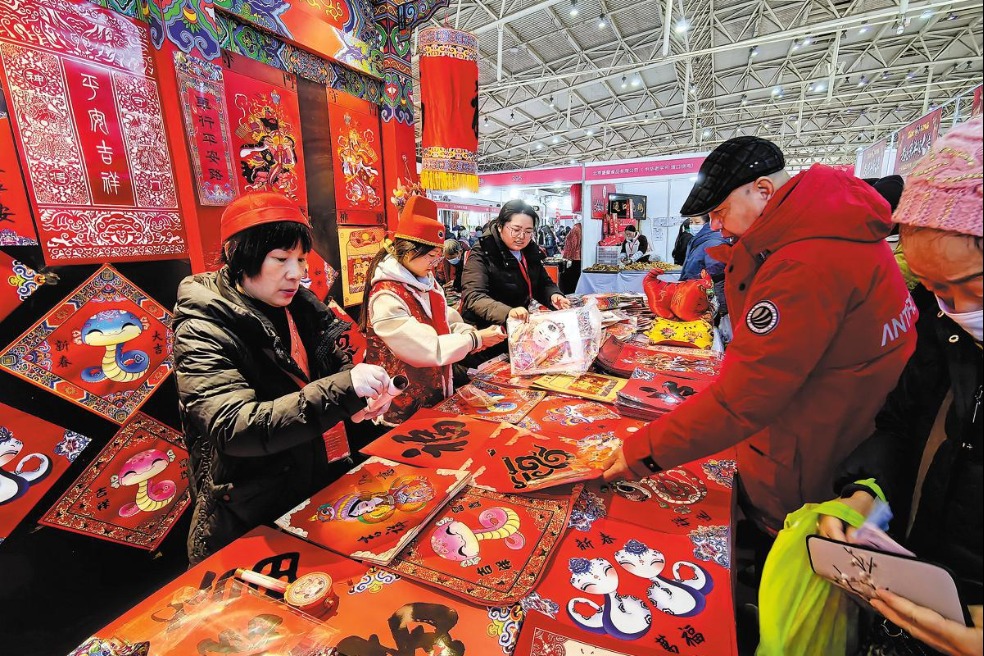Steps to take to beat the pandemic


In the past week, the number of COVID infections throughout China has increased sharply, much faster than many people had expected.
Top Chinese respiratory expert Zhong Nanshan said that the Omicron variant currently circulating in China is more transmissible, but a majority of infected people can fully recover within a week during a virtual meeting of the Annual Congress of Chinese Thoracic Society in mid-December. Zhong added that ninety-nine percent of those infected can recover in seven to ten days, and having a good rest is conducive to the recovery.
It is only a matter of time for China to go through the pandemic and for society to return to normal. The key is now whether the country can cope with the epidemic in a more smooth and orderly way, and whether the cost can be reduced as much as possible. To do this, at least three aspects are urgent.
First, we need to continue to eliminate the panic at the social level. Judging from the nationwide rush to buy antipyretic painkillers and Lianhua Qingwen capsules, a traditional Chinese medicine commonly used to treat COVID-19 and other respiratory diseases in recent days, and from the rapid increase in the number of fever clinics in many places, the anxiety and fear still exist in a certain range. If the panic of the people cannot be effectively eliminated, it will inevitably aggravate the phenomenon of drug panic buying and occupy the limited and valuable medical resources that should be reserved for vulnerable people under the virus.
Second, we must increase the supply of therapeutic drugs and antipyretic painkillers. The therapeutic drugs are mainly used to treat severe cases, and the antipyretic and analgesic drugs are mainly used to relieve the pain of ordinary infected people with obvious symptoms. In the past few days, fever and pain relievers have become hard to find in pharmacies. In addition to the panic of the public, such a shortage is also due to the insufficient supply of drugs. Although many people can heal themselves without drugs after infection, antipyretic painkillers do help those with severe symptoms to recover as soon as possible. It is suggested that critical care capacity should be expanded by overhauling electricity and oxygen supply systems, and adding respirators, monitors and other ICU equipment.
Third, a protection mechanism for the elderly and the weak with basic diseases should be established. Whether we can protect the elderly and the weak with basic diseases and reduce the mortality rate as much as possible is not only related to morality and ethics, but also results in the overall achievements of epidemic prevention in China.
An important moral foundation of modern society is to protect the old and weak as much as possible, rather than let them become victims. The death of a large number of elderly people in many overseas countries and regions during the outbreak of the pandemic is a painful lesson that we should avoid. In the past three years, China has taken strict precautions against viruses, and to protect the vulnerable by keeping a low mortality rate is the ultimate goal.
Now that China has adjusted the epidemic prevention strategy against the background of an obviously weakened virus, our efforts to protect vulnerable populations should remain unchanged.


































